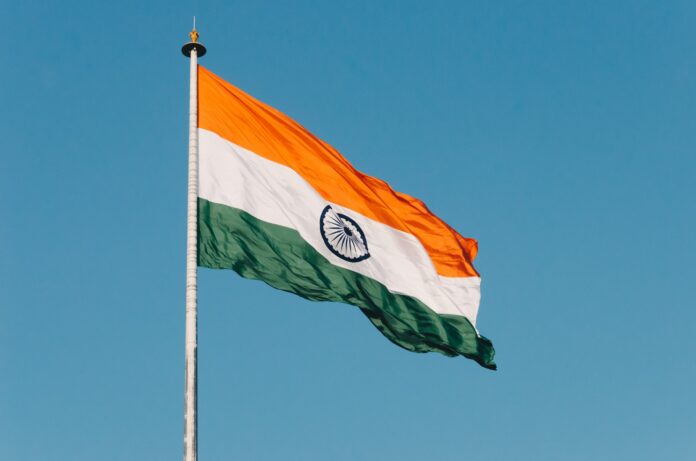Over 19 lakh polling officials manage voting for 17.7 crore voters in key Indian states
New Delhi witnesses the commencement of the fourth phase of the 2024 Lok Sabha elections today. This significant phase unfolds in 96 constituencies across 10 states and Union Territories, marking a crucial juncture in the electoral process. Early morning reports indicate a voter turnout of 10.4% by 9 am across these regions. This turnout reflects the ongoing commitment of the Indian electorate to shape the nation’s leadership.
Polling occurs in multiple significant regions, including all 17 Lok Sabha seats in Telangana and 25 in Andhra Pradesh. Other key areas include Uttar Pradesh, Bihar, Jharkhand, Madhya Pradesh, Maharashtra, Odisha, West Bengal, and Jammu and Kashmir. Particularly noteworthy is the Srinagar constituency in Jammu and Kashmir, hosting its first major election post the abrogation of Article 370.
The scale of this election phase is massive, with over 19 lakh officials stationed at 1.92 lakh polling stations to support more than 17.70 crore eligible voters. The logistics and planning for this endeavour highlight the extensive preparations undertaken to ensure a smooth and fair voting process.
Among the notable candidates are Akhilesh Yadav from the Samajwadi Party, Union Minister Giriraj Singh, TMC’s Mohua Moitra, and AIMIM’s Asaduddin Owaisi. Additionally, figures like Congress leader Adhir Ranjan Chowdhury and former cricketer Yusuf Pathan of TMC vie for seats, adding to the electoral contest’s intensity.
Analysis:
The fourth phase of the 2024 Lok Sabha elections is not just a logistical feat but also a pivotal moment for Indian democracy. The electoral process in regions like Jammu and Kashmir, particularly the Srinagar constituency, is a significant indicator of the region’s political climate post the legislative changes in 2019. The extensive deployment of polling officials and the establishment of numerous polling stations are crucial for accommodating the vast number of eligible voters, reflecting India’s commitment to democratic processes.
From a political perspective, the participation of high-profile candidates across various parties intensifies the competitive nature of this phase. The presence of leaders like Akhilesh Yadav and Mohua Moitra, known for their influential political stances, underscores the strategic importance of this phase in determining the overall electoral outcome.
Economically, the election mobilizes substantial resources, highlighting the financial implications of conducting such a large-scale democratic exercise. Sociologically, the voter turnout and the election’s conduct can serve as a reflection of the public’s trust in the electoral process and the prevailing socio-political sentiments.
In terms of marginalized communities and minority representation, this phase is crucial. The inclusive setup of polling stations and the strategic placement of polling officials ensure that all segments of the population, including those from marginalized backgrounds, can participate in the electoral process. This inclusivity is fundamental in reinforcing the principles of a democratic society where every vote holds weight.
